
Kód: 04557441
Weaving of Mantra
Autor Ryuichi Abe
The great Buddhist priest Kukai (774-835) is credited with the introduction and establishment of tantric -or esoteric -Buddhism in early ninth-century Japan. In Ryuichi Abe examines this important religious figure -neglected in mo ... celý popis
- Jazyk:
 Angličtina
Angličtina - Vazba: Brožovaná
- Počet stran: 620
Nakladatelství: Columbia University Press, 2000
- Více informací o knize

1806 Kč

Skladem u dodavatele v malém množství
Odesíláme za 12-17 dnů
Potřebujete více kusů?Máte-li zájem o více kusů, prověřte, prosím, nejprve dostupnost titulu na naši zákaznické podpoře.
Přidat mezi přání
Mohlo by se vám také líbit
-

Weaving Patterns
465 Kč -

Patterns
1334 Kč -

Mantra Music
213 Kč -

P.I.I.G.S
267 Kč -

mantra meets guitar
486 Kč
Dárkový poukaz: Radost zaručena
- Darujte poukaz v libovolné hodnotě a my se postaráme o zbytek.
- Poukaz se vztahuje na celou naši nabídku.
- Elektronický poukaz vytisknete z e-mailu a můžete ihned darovat.
- Platnost poukazu je 12 měsíců od data vystavení.
Více informací o knize Weaving of Mantra
Nákupem získáte 181 bodů
 Anotace knihy
Anotace knihy
The great Buddhist priest Kukai (774-835) is credited with the introduction and establishment of tantric -or esoteric -Buddhism in early ninth-century Japan. In Ryuichi Abe examines this important religious figure -neglected in modern academic literature -and his profound influence on Japanese culture. Offering a radically new approach to the study of early religious history -combining historical research, discourse analysis, literary criticism, and semiology -Abe contends that the importance of Kukai's transmission of esoteric Buddhism to Japan lay not in the foundation of a new sect but in his creation of a general theory of language grounded in the ritual speech of mantra. embeds Kukai within the fabric of political and social life in ninth-century Japan and explains how esoteric Buddhism played a crucial role in many societal changes in Japan -from the growth of monasteries into major feudal powers to the formation of the native phonetic alphabet, kana. As Abe illustrates, Kukai's writings and the new type of discourse they spawned also marked Japan's transition from the ancient order to the medieval world, replacing Confucianism as the ideology of the state. Abe begins by placing Kukai's life in the historical context of medieval Japan and the Ritsuryo state, then explores his interaction with the Nara Buddhist intelligentsia, which was seminal to the introduction of esoteric Buddhism. The author discusses Kukai's magnum opus, () and introduces a number of Japanese and Chinese primary-source texts previously unknown by Western-language scholars. Instead of tracing Kukai's thought through literal readings, explores the rhetorical strategies Kukai employed in his works, shedding valuable light on what his texts meant to his readers and what his goals were in creating a discourse that ultimately transformed Japanese culture.
 Parametry knihy
Parametry knihy
Zařazení knihy Knihy v angličtině Humanities Religion & beliefs Aspects of religion (non-Christian)
1806 Kč
- Plný název: Weaving of Mantra
- Autor: Ryuichi Abe
- Jazyk:
 Angličtina
Angličtina - Vazba: Brožovaná
- Počet stran: 620
- EAN: 9780231112871
- ISBN: 0231112874
- ID: 04557441
- Nakladatelství: Columbia University Press
- Hmotnost: 830 g
- Rozměry: 295 × 232 × 32 mm
- Datum vydání: 04. October 2000
Oblíbené z jiného soudku
-
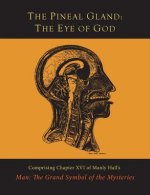
Pineal Gland
146 Kč -
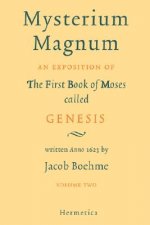
Mysterium Magnum
705 Kč -
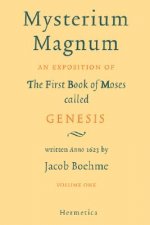
Mysterium Magnum
678 Kč -

Return of the Feminine and the World Soul
389 Kč -
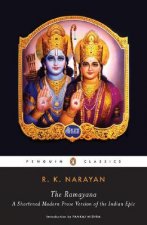
Ramayana
303 Kč -
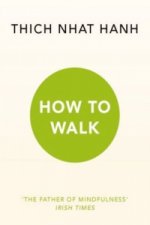
How To Walk
170 Kč -

Reversing Hermon: Enoch, the Watchers, and the Forgotten Mission of Jesus Christ
400 Kč -
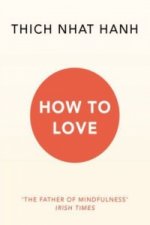
How To Love
182 Kč -

Voice of the Earth
565 Kč -
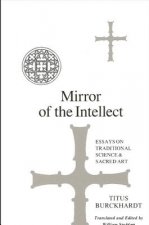
Mirror of the Intellect
1144 Kč -
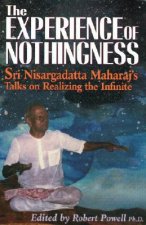
Experience of Nothingness
366 Kč -

Holy Qur'an
136 Kč -
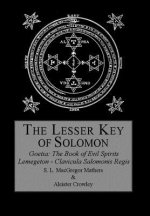
The Lesser Key of Solomon
486 Kč -

Qur'an
286 Kč -

Demonologist
294 Kč -

As a Man Thinketh
131 Kč -

Practising The Power Of Now
316 Kč -

Integral Spirituality
745 Kč -
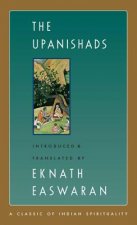
Upanishads
288 Kč -
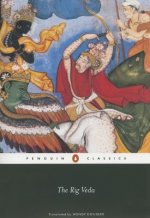
Rig Veda
276 Kč -

Course in Miracles
389 Kč -
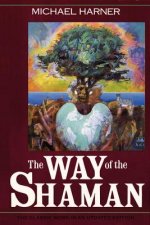
The Way of the Shaman
329 Kč -
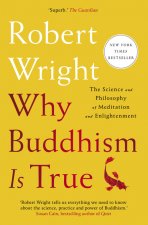
Why Buddhism Is True
276 Kč -

Bhagavad Gita as it is
430 Kč -
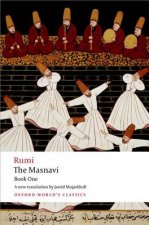
The Masnavi, Book One
249 Kč -
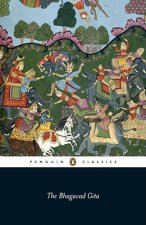
Bhagavad Gita
276 Kč -

Sefer Yetzira/the Book of Creation
920 Kč -

Stillness Speaks
303 Kč -

Soulcraft
430 Kč -

Sacred Mirrors Cards
431 Kč -

Yoga of the Bhagavad Gita
453 Kč -

Qur'an
410 Kč -

God Talks with Arjuna
633 Kč -

Start Where You Are
276 Kč -
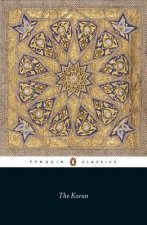
Koran
276 Kč -
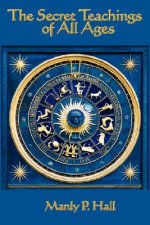
Secret Teachings of All Ages
994 Kč -

To Bless the Space Between Us
538 Kč -

Healing Power of Illness
382 Kč -
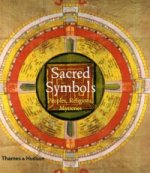
Sacred Symbols
583 Kč -
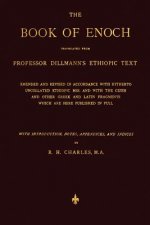
Book of Enoch
483 Kč -
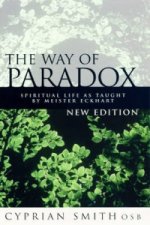
Way of Paradox
276 Kč -

GOD Works Through Faith
517 Kč -

Circle Round
476 Kč -

Mindfulness-Based Cognitive Therapy for Depression
1412 Kč -

Wisdom of No Escape
276 Kč -
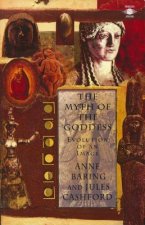
Myth of the Goddess
569 Kč -
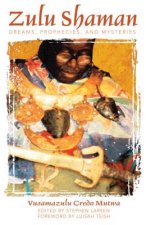
Zulu Shaman
344 Kč -

Cosmic Consciousness
559 Kč -
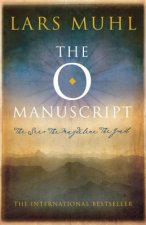
O Manuscript
665 Kč
Osobní odběr Praha, Brno a 12903 dalších
Copyright ©2008-24 nejlevnejsi-knihy.cz Všechna práva vyhrazenaSoukromíCookies


 Vrácení do měsíce
Vrácení do měsíce 571 999 099 (8-15.30h)
571 999 099 (8-15.30h)